Qatar has become an increasingly important Gulf banking and financial services center. Despite the growth of the banking sector and increasing options for financial services, Qatar still has a largely cash economy. Qatar has had low rates of crime, although crime rates have increased in recent years. There are several trends which make Qatar increasingly vulnerable to money laundering, including: a large number of expatriate laborers who send remittances to their home countries; the growth in trade and the financial sector‘s expansion; liberalization and growth in the real estate sector; uneven corporate oversight; and Iran‘s efforts to bypass sanctions through Gulf economies.
KNOW-YOUR-CUSTOMER (KYC) RULES:
Enhanced due diligence procedures for PEPs:
A PEP is an abbreviation for Politically Exposed Person, a term that describes a person who has been entrusted with a prominent public function, or an individual who is closely related to such a person. The terms PEP, Politically Exposed Person and Senior Foreign Political Figure are often used interchangeably
- Foreign PEP: YES
- Domestic PEP: NO
Qatar – KYC covered entities
The following is a list of Know Your Customer entities covered by Qatari Law:
- Banks
- Real estate brokers
- Dealers of precious metals or stones
- Lawyers and notaries
- Trust funds and company service providers
- Real estate brokers
- Non-profit organizations (NPOs)
Qatar – Suspicious Transaction Reporting (STR) Requirements:
Number of STRs received and time frame: 182 from December 2010 – November 15, 2011
Number of CTRs received and time frame: Not available
The following is a list of STR covered entities covered by Qatari Law:
- Banks
- Real estate brokers
- Dealers of precious metals or stones
- Lawyers and notaries
- Trust funds and company service providers
- Real estate brokers
- Non-profit organizations (NPOs)
MONEY LAUNDERING CRIMINAL PROSECUTIONS/CONVICTIONS:
Prosecutions: Three from May 2010 – December 2011
Convictions: One in 2010
ENFORCEMENT AND IMPLEMENTATION ISSUES AND COMMENTS:
With its 2010 AML/CFT law and accompanying regulations, the Government of Qatar (GOQ) demonstrated its commitment to improving its AML/CFT regime. However, some weaknesses remain. Trafficking in persons is still not a predicate offense for money laundering. Qatar lacks a law mandating the declaration of bulk cash or bearer-negotiable instruments entering or transiting the country. Qatar should continue its efforts to effectively implement AML/CFT regulations and procedures and should be sure sufficient resources and training are provided to develop the necessary institutional capacity.
The Qatar Financial Information Unit has issued new guidelines on STR reporting obligations and engaged in outreach and workshops with financial institutions. Despite these efforts, the current rate of STR filings remains largely unchanged, while only one STR was disseminated to the Public Prosecutor‘s Office (PPO) in 2010.
The AML/CFT law includes a provision which authorizes the National Anti-Terrorism Committee (NATC), located in the Ministry of Interior, to designate by resolution those who finance terrorism, terrorists and terrorist organizations, independently of lists forwarded to the GOQ pursuant to UNSCRs 1276 and 1373. No designations had yet been made and no terrorist financing STRs had been filed as of year-end 2011. In the spring of 2011, the National Anti-Money Laundering Committee adopted steps to identify, investigate, and refer for prosecution transactions involving entities included under UNSCR 1373. In October 2011, the NATC incorporated obligations pursuant to UNSCR 1373, which set forth the procedures for identifying and freezing terrorist assets for persons or organizations suspected of terror finance but not designated under UNSCR 1267. These procedures have been incorporated into the NATC‘s area of oversight responsibilities and require the PPO to issue a freezing order when the NATC makes such a request.
Qatar should work to increase the rate of investigations and prosecutions by building capacity within its law enforcement authorities. Qatar should also pursue outreach and enforcement activities to ensure terrorist financing-related STR reporting occurs, and ensure the 1267/1373 freezing regime is effectively implemented.
Regarding Iran-related terrorism and proliferation transactions, the Central Bank ordered financial institutions to freeze any assets of entities listed in UNSCRs 1737, 1747, 1803, and 1929 and prohibit transactions with listed entities. Bank Saderat is the only active Iranian financial entity with two small branches in Doha, and as a foreign bank, Saderat cannot open new branches or expand its activities. Reflecting general concerns in the Gulf about Iranian financial institutions, many Qatari banks no longer clear checks for Bank Saderat, and Qatari banks have ended all correspondent relations with Saderat.



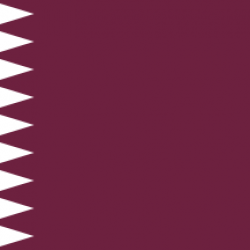
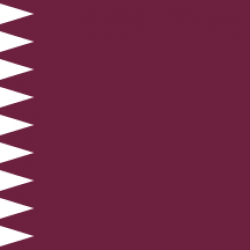
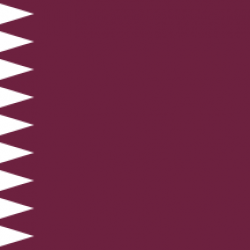
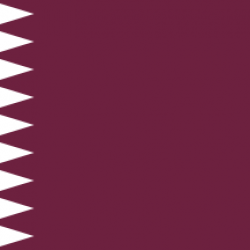
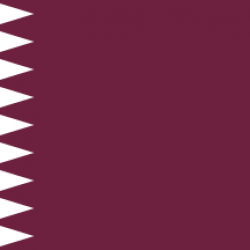
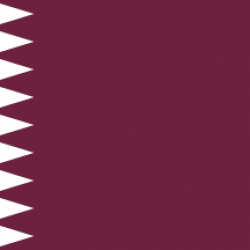
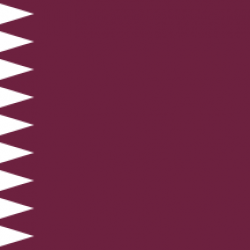
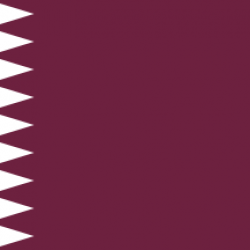
 We will not leak your personal information
We will not leak your personal information